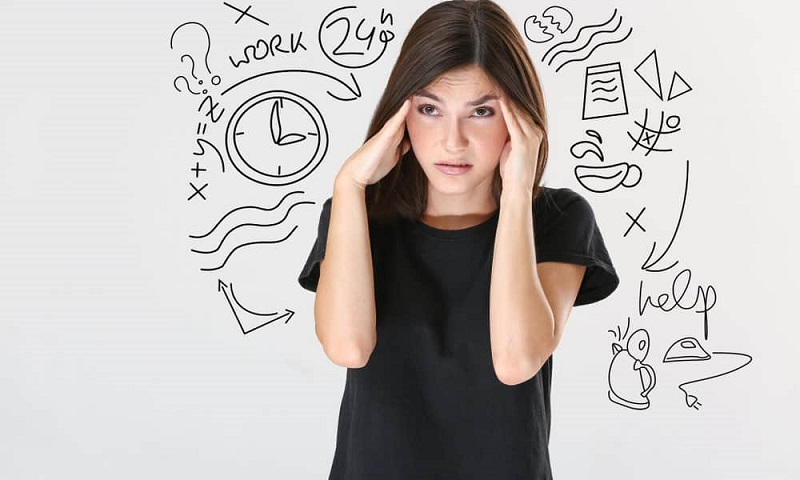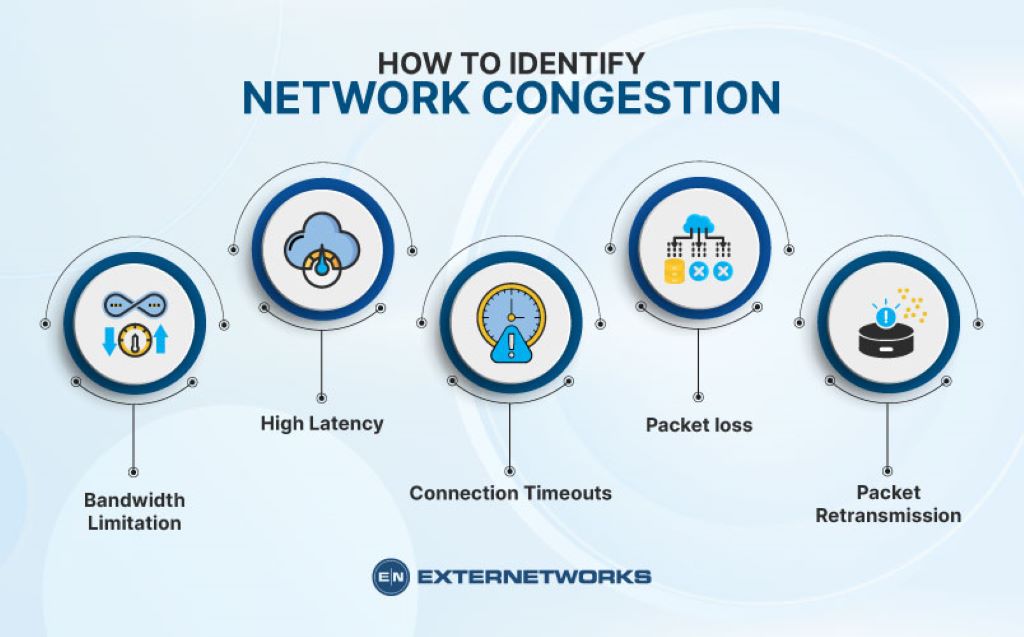We all understand the importance of exercise for our physical health, but have you thought about the advantages of exercise for your mental health?
The World Health Organization defines mental health as a state of well-being marked by self-awareness, the ability to manage everyday stress, the capacity for productive work, and the capacity to contribute to one’s community, courtesy of online casino real money.
How we feel, think, and act is influenced by our mental health. Additionally, it influences how we respond to stress, interact with others, and make decisions.
It’s essential to take care of your mental health at every age, from childhood to adulthood. Physical activity is one way we may take care of our mental health by including it in our everyday routines.
Below are some benefits of exercise for your mental health, curated by best online slots real money:
A better night’s sleep
After a poor night’s sleep, we’ve all awoken on the “wrong side of the bed,” where we can become grouchy, irritated, and lose our temper. Long-term sleep deprivation has also been linked to depression and anxiety, among other mental health issues.
Our ability to sleep better with regular exercise supports brain health. Exercise causes our bodies to create feel-good chemicals that can lessen pre-sleep anxiety as well as certain common sleep issues like insomnia, sleep apnea, and restless legs syndrome.
In order to aid in our recovery from mental effort, exercise can also enhance the amount of deep sleep we get.
Sharpens your thinking
Exercise is highly recommended as a solution for people of all ages who want to improve their focus.
Evidence-based research demonstrates that following exercise, your concentration is improved. Long-term exercise helps enhance blood flow to the brain and raise levels of critical proteins, which can help fight Alzheimer’s disease and slow down brain ageing.
Improves energy levels
Due to the production of endorphins in the brain, getting some exercise in the morning might make you feel more energized and prepared to face the remainder of the day.
Endorphins, commonly known as “feel-good hormones,” not only serve to reduce pain perception and produce a happy feeling in the body, but they can also boost energy levels and facilitate movement.
Your cardiovascular health will improve as a result of physical activity, giving you more stamina throughout the day. You’ll have more energy to spare and won’t feel as “sluggish” at the end of the day if your everyday tasks are easier.
Reduces social isolation
Reducing social isolation is another advantage of exercise for mental health. You are encouraged to get out into more social situations, such as the beach, neighbourhood walking trails, and gyms, by engaging in many physical activities, such as walking, swimming, and cycling. This can help you connect with others and lower feelings of isolation and loneliness. Additionally, it can assist you in making new acquaintances or even reestablishing contact with those you may have previously lost touch with.
A stress release
We all face stress in our lives, and having a little bit of tension every now and again is not harmful. However, sustained, high levels of stress can alter the brain in ways that can hasten the onset of both physical and mental diseases.
One of the most frequently suggested methods by medical practitioners to reduce stress is exercise. Physical exercise improves your cardiovascular, digestive, and immunological systems, which further shields your body from the damaging effects of stress by lowering levels of the stress chemicals cortisol and adrenalin produced by our bodies.
An excellent approach to take a “time-out” from our everyday routines (and any problems they might bring with them) and keep the mind occupied on different things is to go for a morning walk by the beach, an afternoon run, or to play tennis with a buddy.




